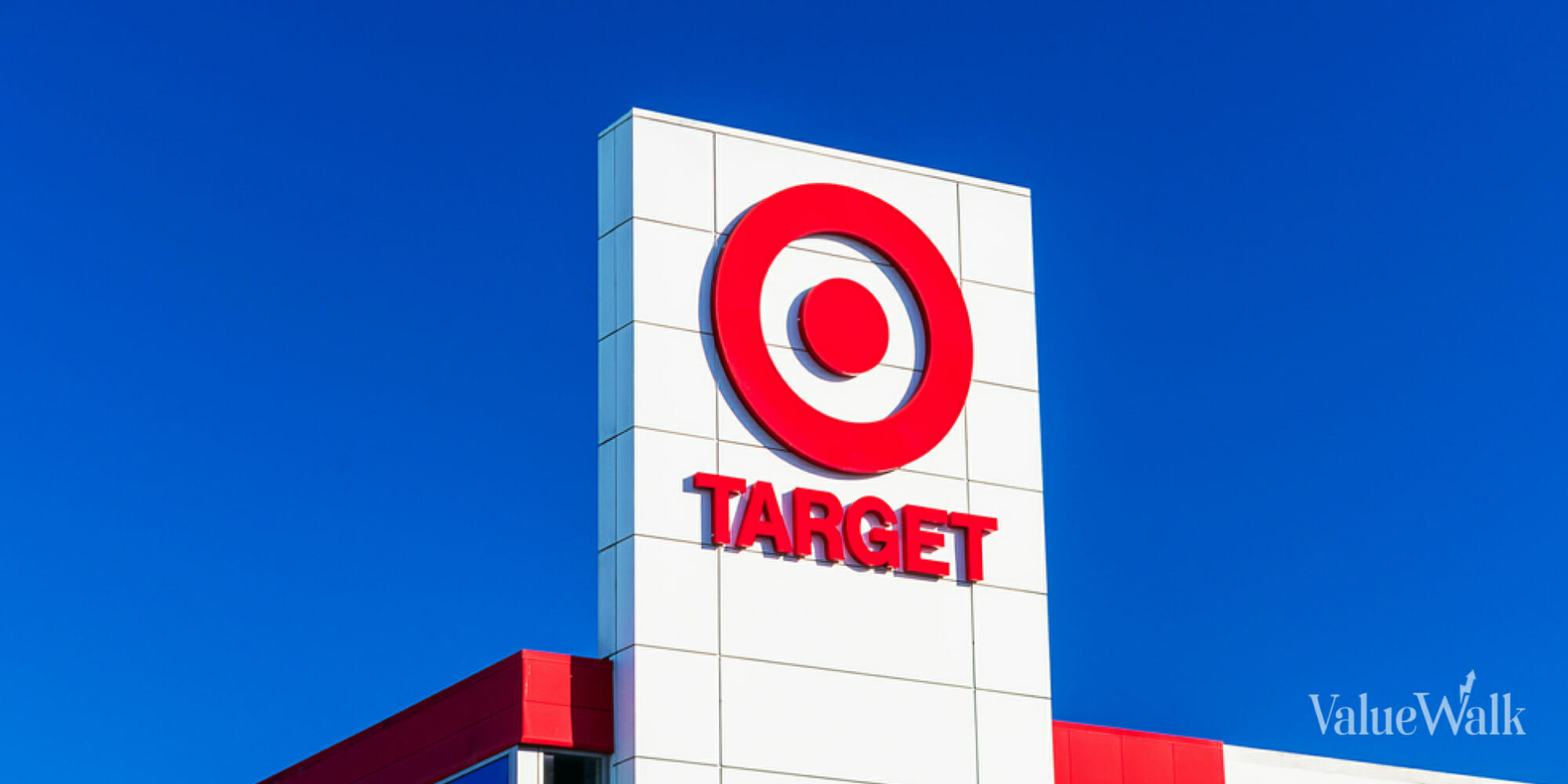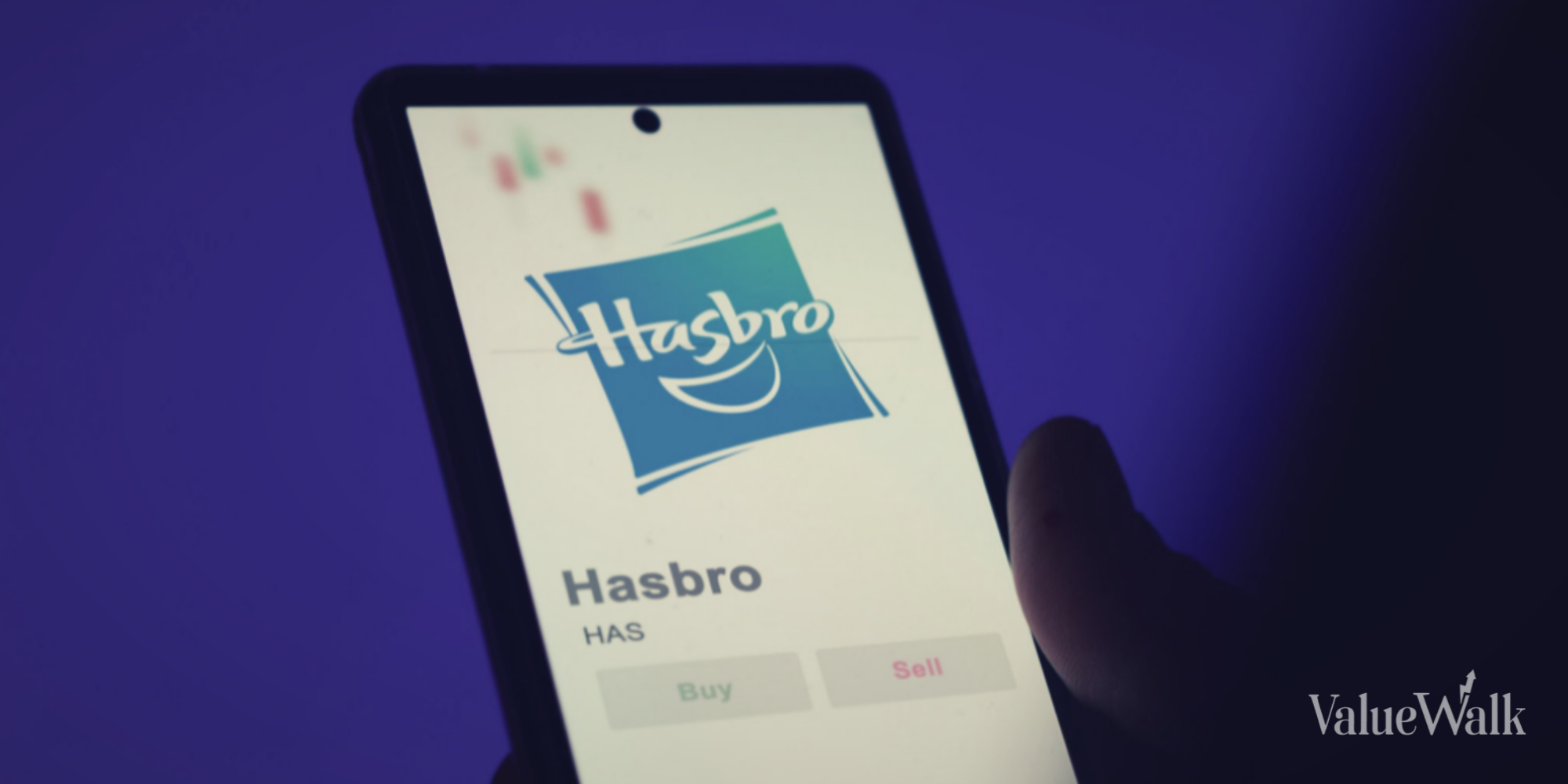The markets have been on a nice run over the past 15 months and valuations have risen significantly over that time. But there are still some really good deals out there among blue chip companies that have catalysts for growth.
Here are three of the best value stocks to consider right now.
Goldman Sachs Group
One stock trading at a lower than average valuation with significant upside is Goldman Sachs Group (NYSE:GS). As one of the largest investment banks in the world, Goldman Sachs has done more deals in the past few years than any other investment bank.
A few years ago, the company tried to diversify its revenue to be more balanced, like JPMorgan Chase or Bank of America, but it did not go well. So, the firm decided to pull back on efforts to grow its consumer banking business and focus on its strengths, investment banking and wealth management.
So, with a higher percentage of its revenue coming from investment banking, it might be more volatile than some of the other diversified financial services giants. But on the plus side, when investment banking does come back, it could see higher upside than some of its competitors because of that higher percentage of revenue coming from investment banking.
That is the scenario that could play out this year and into the next few years, as mergers and acquisitions are already starting to increase, and once interest rates start coming down, the floodgates could open for more deals. Trading at just 11 times forward earnings, Goldman Sachs looks like a good bet at this valuation.
Delta Air Lines
Delta Air Lines (NYSE:DAL) is a top three airline in the U.S. and it has several catalysts that should push its stock price higher. Delta stock is already up 15% year-to-date as of April 2, but it is still dirt-cheap with a price-to-earnings (P/E) ratio of 6 and a forward P/E of just 7.
Delta is coming off a bounce back year in 2023, bringing in $14.2 billion in revenue in the fourth quarter, up 6% year-over-year, and $2 billion in net income, up 141% year-over-year. The earnings were driven by surging demand for travel and lower fuel prices, among other factors. Delta also improved its finances, lowering its debt by $2 billion to $20 billion and increasing its free cash flow flow to $2 billion, from $244 million at the end of 2023.
The macro trends should continue in 2024 as the International Air Transport Association is forecasting record revenue for airlines in 2024.
In its outlook, Delta expects revenue to climb 3% to 6% in Q1, and for all of fiscal 2024, it targets adjusted earnings per share between $6 to $7 per share, compared to $6.25 at the end 2023. Also, its free cash flow is estimated to reach between $3 billion and $4 billion at the end of the year. So Delta should be in good financial shape to take full advantage of rising travel trends, and it could also be a beneficiary of the struggles its rival United is having.
PayPal Holdings
The turnaround for PayPal (NASDAQ:PYPL) has been a long time coming, as the former fintech darling that soared during the pandemic has been on a steady, downward spiral the past three years. During that time, its share price went from over $300 per share in the summer of 2021 to around $51 per share in October of 2023. There were numerous reasons for the downfall, which have been well documented, but a new CEO came in last fall, Alex Chriss, who vowed to turn things around by streamlining operations and refocusing the company on its strengths – and building on them.
So far, it is still a work in progress, and likely will be for all of 2024. But it is slowly moving back in the right direction. PayPal’s share price has ticked up 5% year-to-date as it posted solid numbers in the fourth quarter that beat estimates, with its revenue up 9%, its operating margin up 468 basis points to 21.5%, and earnings jumping 61%. But its earnings outlook for Q1 and fiscal 2024, while showing solid growth, did not meet analysts expectations.
But earnings could be better than expected following a recent settlement in a case filled by merchants against Visa and Mastercard, which will result in the credit card companies reducing swipe fees by agreeing to make them at least 7 basis points lower than they are now for the next five years. Analysts say that PayPal should be one of the primary beneficiaries of this settlement and some have raised their price targets.
PayPal is trading at just 12 times forward earnings and has a five-year P/E-to-growth (PEG) ratio of 0.60, which means it is undervalued relative to its future growth potential. For a company that is still the leader in online and person-to-person payments, it should be able to grow off of its lows with new leadership at the helm that looks like it is on the right track.
Disclaimer: All investments involve risk. In no way should this article be taken as investment advice or constitute responsibility for investment gains or losses. The information in this report should not be relied upon for investment decisions. All investors must conduct their own due diligence and consult their own investment advisors in making trading decisions.





